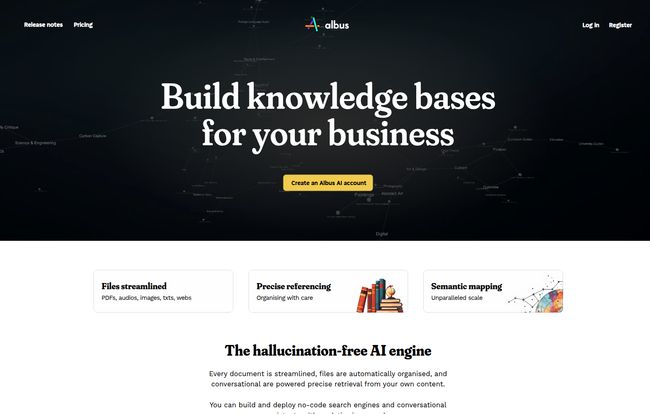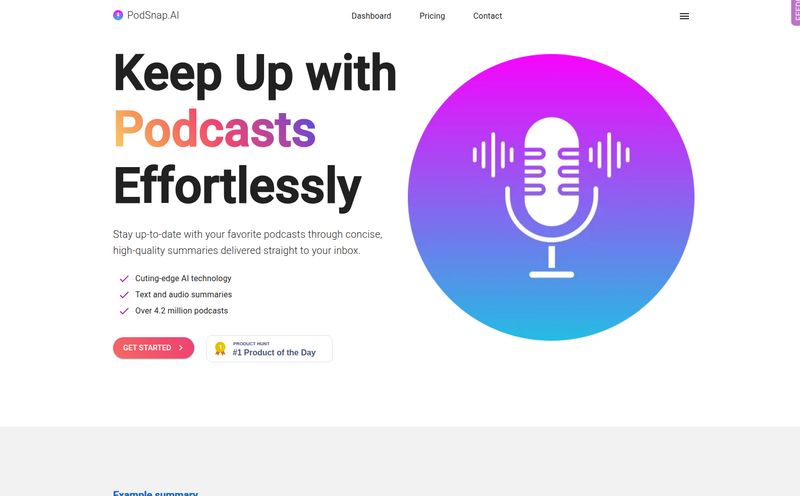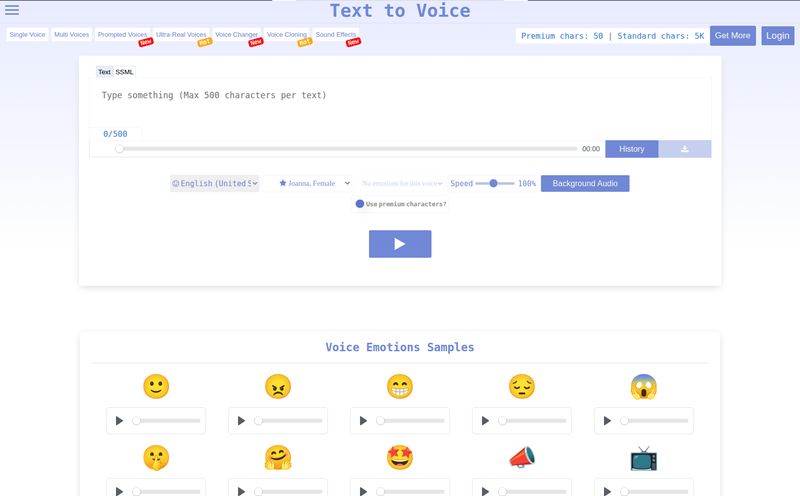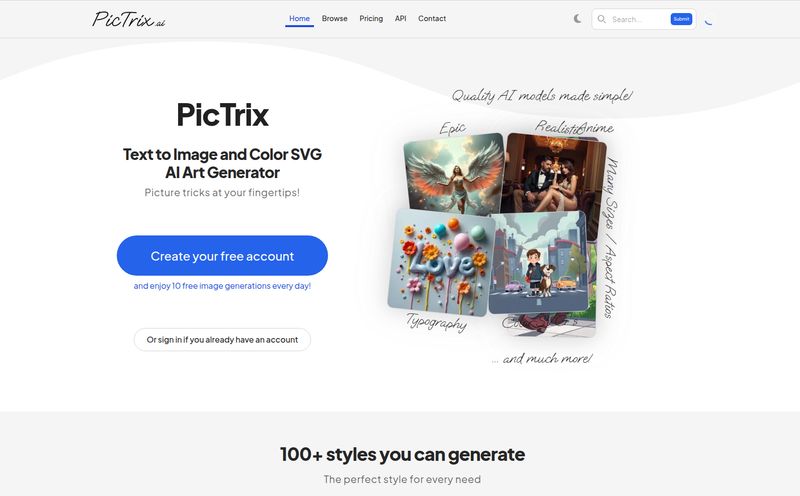That Digital Shoebox Under Your Bed? It's Now Your Desktop.
Let's be honest. We all have one. A folder—or more likely, a series of nested folders with names like “Final_Report_v2_updated_REVISED” and “Misc_Stuff”—that has become a digital black hole. It’s where documents go to die. You know that somewhere in that chaotic mess is the exact stat you need, the client feedback from last quarter, or that killer presentation slide you spent two hours on. But finding it feels like an archaeological dig.
For years, we've been promised a “second brain.” A digital extension of our own minds that would neatly file, sort, and retrieve information on command. I've tried them all, from the early days of Evernote to the more modern Notion setups. They're powerful, but they all share one tiny flaw: I'm the one who has to do all the organizing. They’re empty libraries waiting for a librarian. And most days, I just dont have the time.
Then I stumbled across Albus. Another AI-powered tool promising to change everything. Yeah, I know. But this one felt different. The headline wasn't just about storage; it was about “semantic intelligence.” It doesn't just store your files; it claims to understand them.
So, What Exactly is Albus? (Beyond the AI Buzzwords)
At its heart, Albus is a cloud workspace designed to be your intelligent knowledge base. You dump your files in—PDFs, Word docs, images, audio files, web links, you name it—and its AI gets to work. It’s not just indexing keywords; it’s reading the content to understand context, themes, and relationships between documents. Think of it less like a file cabinet and more like a research assistant who’s read everything you’ve ever saved and is ready to answer questions.
One of the boldest claims on their site is that it's a “hallucination-free AI engine.” This is a big deal. We’ve all seen AI go off the rails, inventing facts with stunning confidence. Albus avoids this by only drawing answers from the documents you provide. It won't tell you about the history of the Roman Empire unless you've uploaded a book about it. It just tells you what's in your stuff, which is exactly what I want.

Visit Albus AI
The Magic Behind the Curtain: Core Albus Features
Okay, so it sounds cool. But what does it actually do? After playing around with it for a while, a few things really stood out.
Goodbye Manual Sorting, Hello Semantic Organization
This is the big one for me. Albus’s landing page says, “Say bye to making folders.” And they mean it. You can just drag and drop a whole project's worth of disparate files, and its semantic indexing engine gets to work. It reads the documents and automatically groups them into logical categories based on their actual content. It's wild to watch. I uploaded a mix of SEO audit reports, keyword research spreadsheets, and content briefs, and it correctly identified and grouped them by client and topic without me creating a single folder. A genuine time-saver.
A Search Bar That Actually Understands You
We’ve been trained by Ctrl+F to think in keywords. But with Albus, you can ask questions in plain English. Instead of searching for “CPC,” I can ask, “What were the main findings from the Q3 performance report for Client X?” Albus will scan the relevant documents and give me a synthesized answer. And here’s the killer feature: it provides page and section references. Every answer is backed by a citation, pointing you to the exact source document and page number. For anyone who needs to verify information—writers, researchers, legal teams—this is an absolute game-changer. No more second-guessing where a piece of data came from.
More Than Just Text: Multi-Modal Genius
This isn't just for your PDFs and text files. Albus is multi-modal, meaning it can handle different types of media. The website shows an example where it analyzes a still from the movie Forrest Gump, correctly identifying the scene, the characters, and the context of the Nike Cortez sneakers. It can also transcribe audio files, turning that hour-long interview or podcast into a searchable text document. The potential here is massive, creating a single, searchable library for all your project assets, not just the written ones.
The All-Important Question: How Much Does Albus Cost?
Alright, let's talk brass tacks. Genius tech is only useful if you can afford it. Albus has a tiered pricing structure that seems pretty reasonable for what it offers. You can check the most current details on their pricing page.
| Plan | Price | Best For |
|---|---|---|
| Albus Free | $0 | Kicking the tires. You get to process up to 10 files and use the basic AI models to see how it works. |
| Albus Pro | $20 / month | The sweet spot for freelancers, researchers, and professionals. You get a massive bump to 1,000 files, access to advanced AI like GPT-4o, and credits for audio narration and image generation. |
| Albus Max | $50 / month | Power users and data hoarders. 5,000 files, huge word counts for the advanced AI models, and more credits for all the creative features. |
One thing to note is that team and business plans are listed as “upcoming.” So, for now, it seems best suited for individuals or very small teams, but it looks like they have ambitions to scale.
Who is Albus Actually For?
I can see a few groups of people falling head over heels for this. Researchers and students would love the citation feature. Content creators and marketers, like me, could use it to build a swipe file of ideas, case studies, and data that’s actually searchable. Solopreneurs drowning in a sea of client docs, invoices, and project files could find some serious sanity here. It’s for anyone who values their own information and wants to be able to access it intelligently.
Conclusion: Is Albus the Marie Kondo for Your Digital Life?
After years of wrestling with clunky file systems and my own disorganization, Albus feels like a breath of fresh air. It’s not just another storage app; it’s an intelligence layer on top of your own data. The automatic organization and the semantic search with citations are, for me, the standout features that elevate it from a “nice-to-have” to a genuinely useful tool.
Of course, it’s not perfect. It still relies on the quality of information you feed it. As the final line on their website wisely states, “It's still a computer, you are the intelligent one.” But as a partner in taming digital chaos? I’ve gotta say, it’s one of the most promising I’ve seen in a long, long time.
Frequently Asked Questions about Albus
- 1. What is Albus AI in simple terms?
- Albus AI is a smart cloud workspace that helps you organize and understand your documents. Instead of you making folders, it automatically categorizes your files (like PDFs, images, and audio) and lets you ask questions about them in plain English, providing answers directly from your content.
- 2. Is Albus AI free to use?
- Yes, there is an “Albus Free” plan. It's a great way to test the platform but is limited to 10 files. For more advanced features, higher limits, and access to more powerful AI models, you'll need to subscribe to the Pro or Max plans.
- 3. Can Albus really understand images and audio?
- Yes, this is one of its key strengths. Albus has multi-modal capabilities, meaning it can analyze the content of images and transcribe audio files, making them searchable alongside your text documents.
- 4. How is Albus different from Google Drive or Dropbox?
- While Google Drive and Dropbox are primarily for storage and sharing, Albus is about intelligence and understanding. It builds a semantic layer on top of your files, allowing for deep content search and automatic organization that traditional cloud storage platforms don't offer.
- 5. Is my data safe with Albus? Will it be used for AI training?
- According to the Albus website, they do not use, or facilitate user data for training. They also state that you hold the commercial and personal rights to your generations and creations, which is a critical privacy and ownership consideration.
- 6. What AI models does Albus use?
- Albus provides access to a variety of top-tier AI models depending on your plan. This includes models from OpenAI (GPT-4o), Google (Gemini 1.5 Pro), and Anthropic (Claude 3.5 Sonnet), as well as specialized models for audio narration like ElevenLabs.



